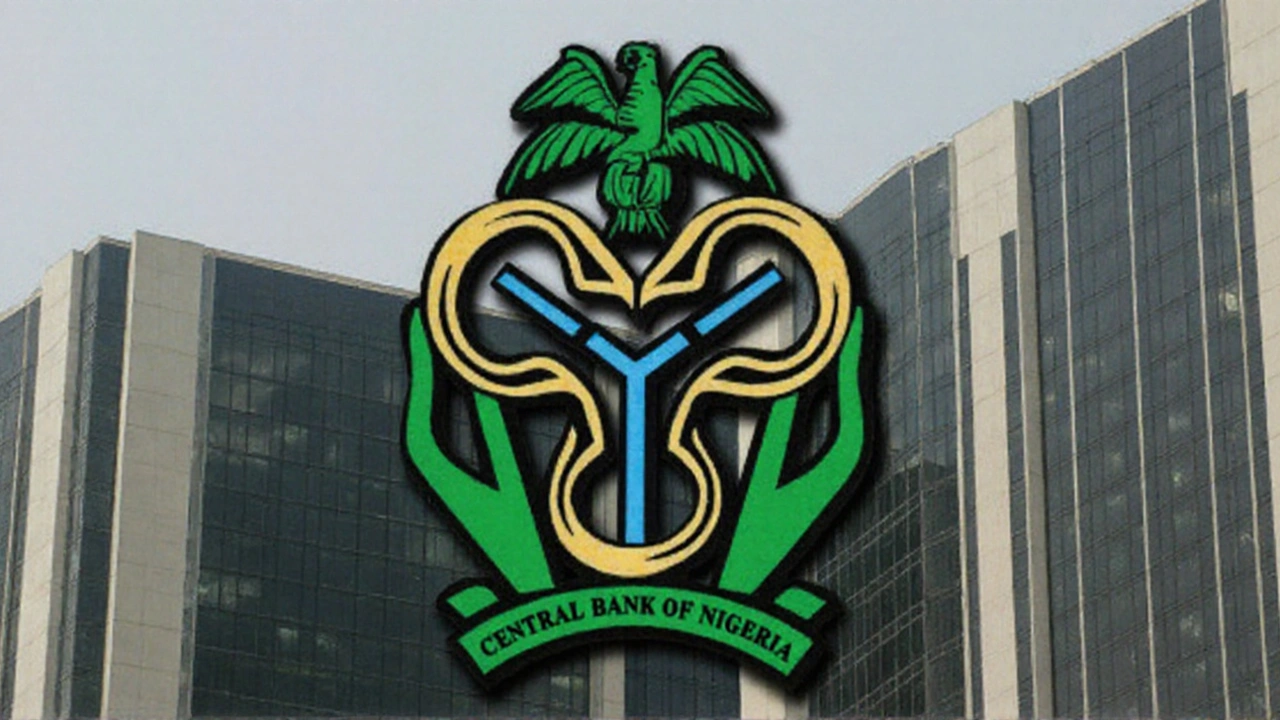CBN Policy – What’s Happening Right Now?
If you’re keeping an eye on South Africa’s neighbor, the Central Bank of Nigeria (CBN) is always making moves that affect everyday life. From changes in interest rates to new banking rules, each decision can ripple through markets, businesses, and even your personal wallet. This page pulls the most relevant CBN stories together so you don’t have to hunt across multiple sites.
One of the biggest headlines this year is the CBN’s decision to keep the policy rate at 27.5%. The move came after the official and parallel foreign‑exchange markets started to line up, making it easier for importers and exporters to price goods. Governor Olayemi Cardoso said the bank wants to keep inflation in check while giving the market a breather.
Why the Rate Matters for You
When the CBN holds rates steady, loan interest stays predictable. That means mortgages, car loans, and small‑business credit won’t suddenly jump, protecting consumers from surprise hikes. On the flip side, a stable rate can slow down spending, which helps curb the price rise that’s been hitting food and fuel.
Another hot topic is the new licensing framework for fintech firms. The CBN announced stricter capital requirements and tighter KYC (Know Your Customer) checks to curb fraud. For tech startups, this means more paperwork, but it also builds trust with users who worry about money safety.
Recent Policy Moves You Should Know
Beyond rates, the CBN rolled out a revised foreign‑exchange allocation system in March. The new model favors exporters who bring in hard currency, rewarding them with better access to dollars and euros. If you run an export‑oriented business, this could shave weeks off the time you wait for foreign currency.
In July, the bank introduced a “digital Naira” pilot. The central bank is testing a state‑backed digital currency to make payments faster and cheaper. Early users report near‑instant transfers, but the rollout is still limited to a few cities. Keep an eye on it – the digital Naira could change how you pay for groceries or send money abroad.
Security also got a boost when the Nigeria Police extended the tinted‑glass permit deadline to October 2, 2025. While not a direct CBN policy, the move improves road safety, which indirectly supports the transport sector’s financing needs. Safer roads mean lower insurance premiums and smoother loan approvals for logistics companies.
All these pieces fit together: interest‑rate decisions affect borrowing costs, fintech rules shape the digital money landscape, and foreign‑exchange reforms influence trade flows. Understanding each part helps you see the bigger picture of Nigeria’s economy.
Want to stay ahead? Bookmark this page and check back whenever a new CBN announcement drops. We’ll update the list with fresh articles, expert takes, and practical tips on how each policy shift could impact your business or personal finances.
Bottom line: the CBN’s policies are more than headlines – they’re tools that shape everyday money choices. By staying informed, you can make smarter decisions, whether you’re planning a loan, launching a fintech app, or simply budgeting for groceries.
Nigeria interest rate cut: How the 50‑bp CBN move could reshape SME credit and household loans
The Central Bank of Nigeria lowered its policy rate by 50 basis points, a bold step that analysts say reflects rising confidence in the economy. Faster GDP growth, a surge in foreign direct investment and a shift toward naira‑denominated assets set the stage. The cut promises cheaper credit for small firms and households, but its impact hinges on banks' response and exchange‑rate management.

